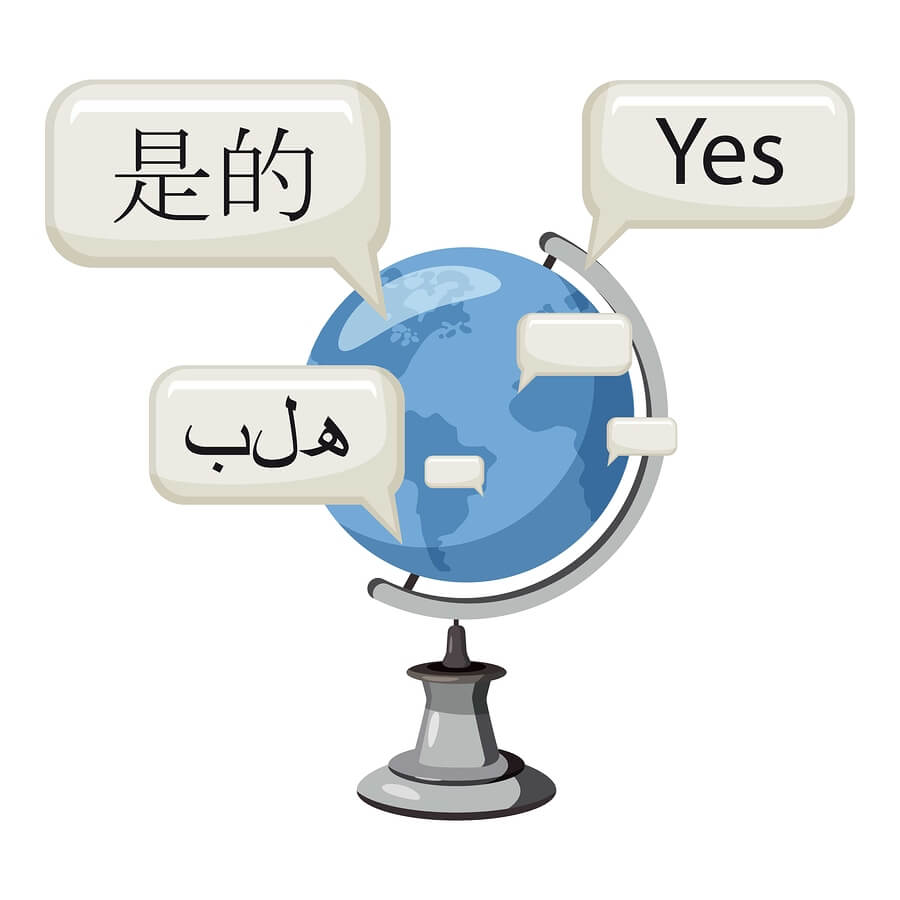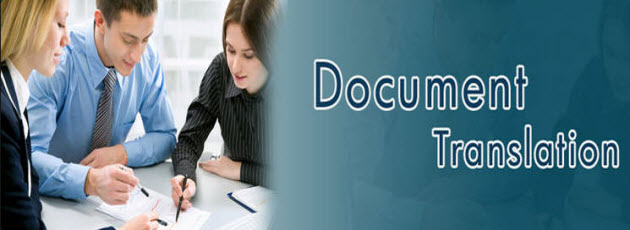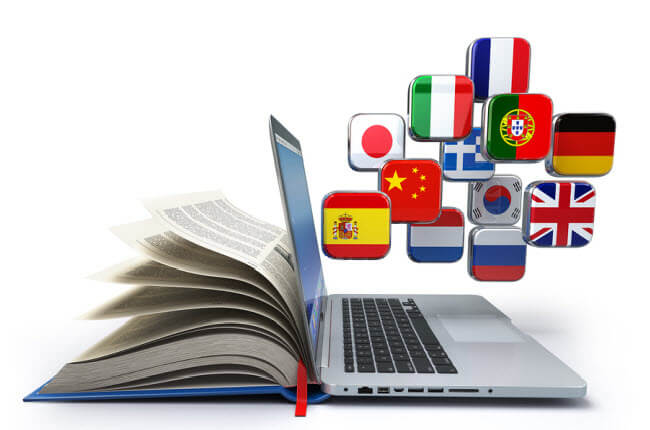In this world of global markets, multinational companies operate far beyond borders that speak just their own language(s). They have set up factories and bases all around the world. This doesn’t mean that managers, executives and workers come with them from the country of origin. Depending on their skills, they could be based anywhere around the world and even work remotely if this is economically a good option. For example, marketing personnel could be outsourced from India, especially if the multinational is U.S. or British based, as there is a large pool of highly experienced English speakers from India who have a wide range of skills. A company may find it can source well qualified personnel from Saudi Arabia, if it’s involved in the oil industry.
If the workforce is widely spread out it has to somehow be brought together to learn about the company they are working for. The use of e-learning courses has become popular but it is preferable that the e-learning platform be presented in the employees’ native languages. This means the company has to source an e-learning professional translation partner who has the capability of finding the right translators to meet the customised training requirements.
How to find the right translation company: Here are some tips.
- The first thing to look for is experience in translating for e-learning purposes and that means both on and off the screen as required.
- The second thing is ensuring the translation services can come up with competent translators in all the languages that your business requires in the e-learning program.
- The chosen company will need to provide translators who are competent in translating both audio narrations as well as written material in the language and tone required by the business.
- An approved translation company will have testimonials from past clients that will state how competent the translatorsare.
In Australia, where a national accreditation authority (N.A.A.T.I.) controls and regulates the suitability of Australian based translators and interpreters, you can’t go wrong if you hire a N.A.A.T.I. accredited translation company. These translation agencies are ranked globally as some of the best qualified translation services in a vast number of languages with a high level of competence.












